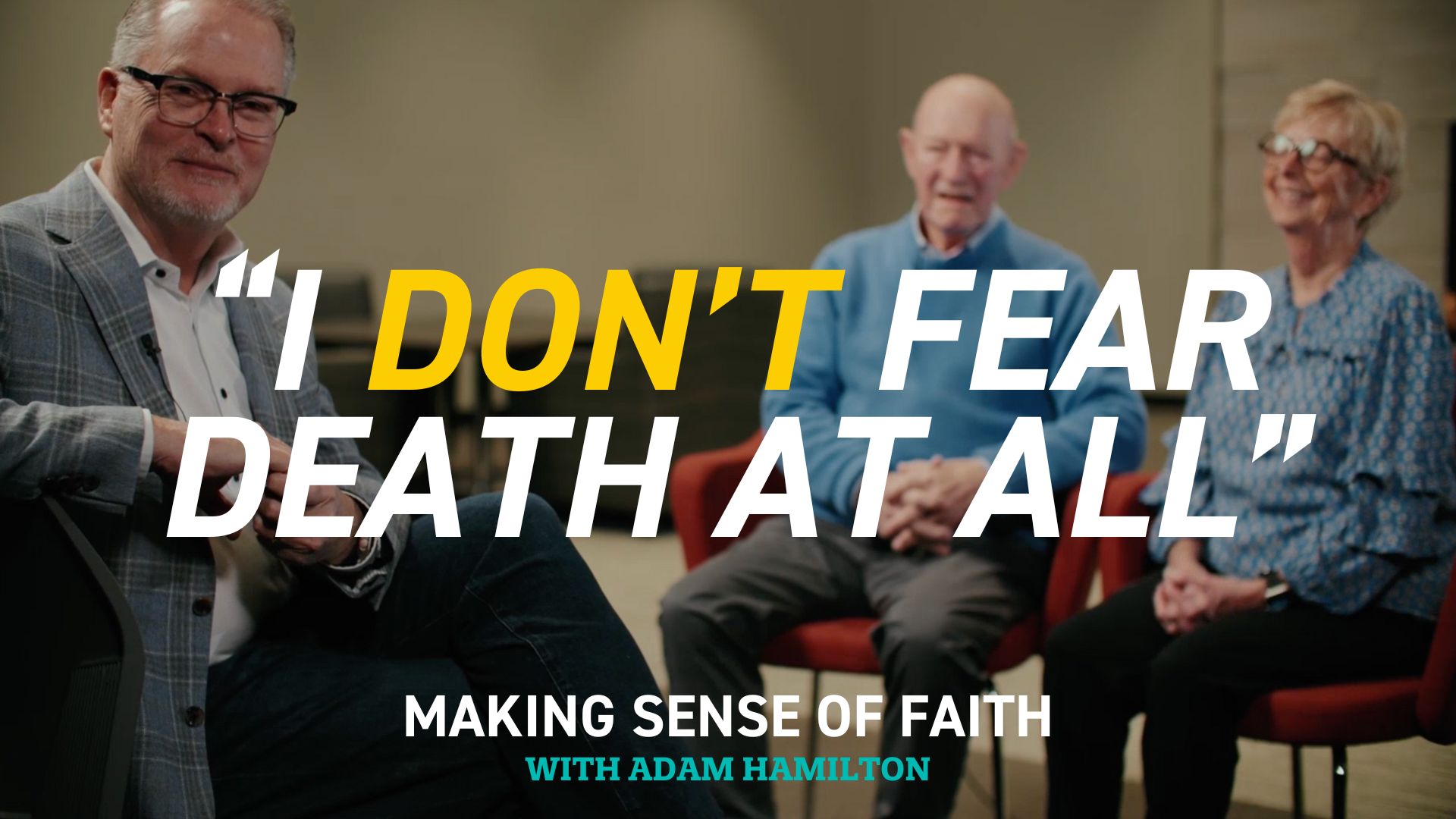By Dr. Rebeca Chow, LPC-S, LCPC-S, RPT-S
In today’s politically charged world, it’s hard to escape the mental and emotional toll that political conversations can take on us. Many of us feel overwhelmed, frustrated, or even hopeless as we try to navigate increasing polarization. This is not merely a coincidence—our brains are biologically wired to prioritize threats. When we perceive disagreement, especially about deeply held values, our nervous system often interprets it as danger. As a result, we may feel defensive, anxious, or angry, even when talking to people we care about.
“At the core of our biology, humans are designed to seek two primary things: connection and protection.”
Our brains constantly process every interaction through the lens of safety, asking two fundamental questions: “Am I safe?” and “Am I in danger?” Depending on the answer, we either move toward connection or shift into self-protection mode. When a political conversation challenges our values or worldview, it can trigger our brain’s threat response. Suddenly, what began as a discussion can feel like an attack, causing us to react emotionally rather than engage thoughtfully.
The Generational Connection Challenge
Generational differences often add another layer of tension to our natural desire for connection. We are wired to seek meaningful relationships with others, but when conversations unfold differently than expected or challenge our deeply held values, our nervous system can interpret this as a threat. Rather than fostering connection, we may find ourselves:
- Withdrawing
- Lashing out
- Feeling stuck in cycles of frustration and misunderstanding
These tensions are often amplified across generational lines. Baby Boomers, Gen X, Millennials, and Gen Z have all been shaped by distinct cultural, social, and political experiences, which can lead to conflicting perspectives and communication styles.
- Older generations may feel their knowledge and experience are dismissed
- Younger generations often feel their ideas and concerns are overlooked
This recurring pattern of feeling unheard or invalidated can keep our nervous system on high alert, eroding our emotional well-being. Over time, it becomes even harder to approach difficult conversations with the openness and empathy we all desire.
When we understand that our nervous system is simply doing its job, we can better regulate our reactions and create space for the kind of connection we are all ultimately seeking.
Understanding Your Nervous System States
Our nervous system can shift between three primary states during political conversations:
1. Connection
When we feel safe and connected, we’re in a calm, engaged state that allows us to approach political conversations with empathy and understanding. We can listen to others without feeling personally attacked.
2. Fight or Flight
When our brain senses a threat (whether real or imagined)—like a political loss, divisive rhetoric, or uncertainty about the future—we shift into fight-or-flight mode. This is when you see anger, defensiveness, and hypervigilance in political debates, as our brain focuses on protecting us.
3. Shutdown
Sometimes, when the stress becomes too overwhelming, we shut down. This is the state of numbness, disconnection, or hopelessness, especially when we feel powerless or that our voice isn’t making a difference.
Being aware of which state you’re in is crucial because it shapes how you react to others and interpret what’s happening around you. If you’re stuck in fight-or-flight mode, you might respond defensively without fully grasping the other person’s point of view. If you’re in a shutdown state, you could feel detached or overwhelmed, leading you to avoid the conversation entirely. Recognizing these states gives you the power to regulate your emotions and shift into a place of safety and connection, where difficult conversations can be more thoughtful and productive.
Five Tips for Better Political Conversations
Here are five tips to help you regulate before diving into challenging discussions:
1. Pause and Breathe
Take a few slow, deep breaths to calm your nervous system. This helps to bring you back from a fight-or-flight response and lowers your heart rate, giving you a moment to think before reacting.
2. Ground Yourself
Focus on your senses—what you can see, touch, hear, or feel in the present moment. This helps anchor your mind in the here and now, pulling you out of an anxious or overwhelmed state.
3. Name Your Feelings
Acknowledge what you’re feeling, whether it’s anger, frustration, or fear. Simply naming your emotions can reduce their intensity and help you regain control.
4. Check Your Perspective
Ask yourself if the threat is real or perceived. Is the issue as urgent as it seems, or is your brain in protection mode? Taking a step back helps you assess the situation more clearly.
5. Set an Intention
Before starting a difficult conversation, remind yourself of the goal: to listen, understand, and communicate openly. Having a positive intention can help keep the conversation from escalating into conflict.
Moving Forward Together
Recognizing that our brains are trying to protect us—not sabotage us—can be the first step toward healthier communication. By pausing, breathing, and grounding ourselves in the shared human desire for safety and connection, we can begin to navigate political conversations with more compassion.
This doesn’t mean avoiding difficult topics, but it does mean approaching them with the awareness that every person is carrying their own fears, hopes, generational perspectives, and need for belonging.






